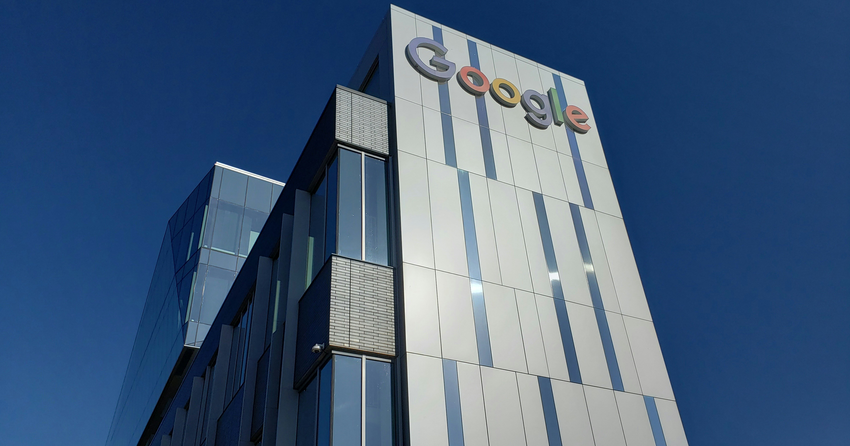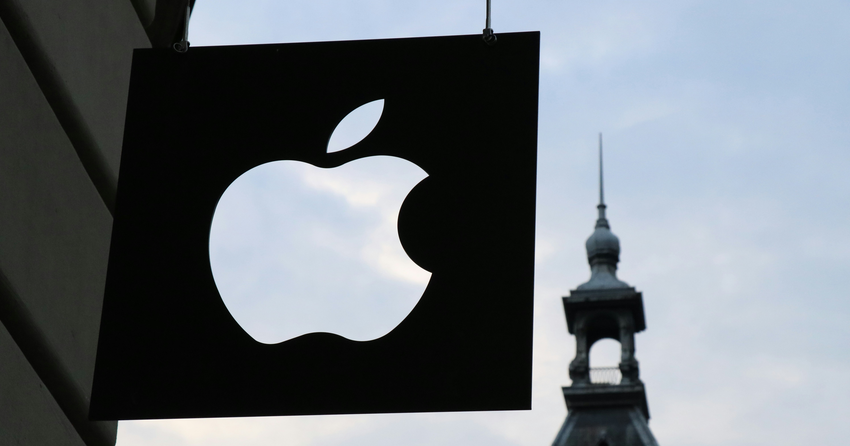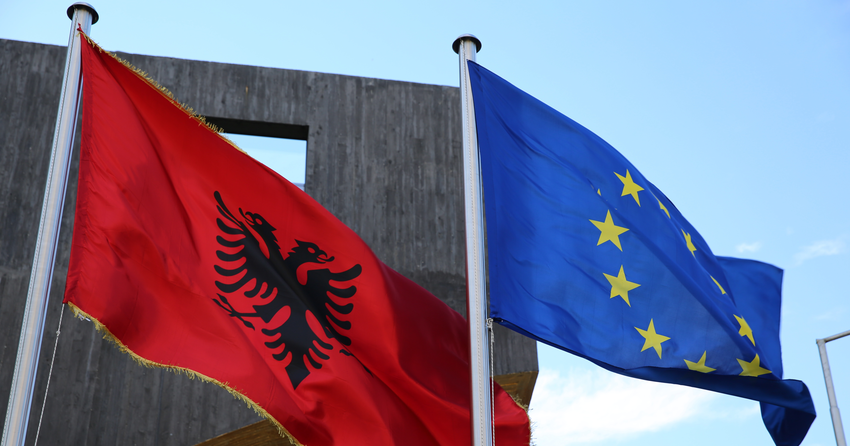
Italy Becomes First EU Country To Pass AI Regulation Law
On September 17, the Italian parliament issued its final approval for a law covering the use, development, and adoption of artificial intelligence (AI) within the country. Out of all EU countries, Italy is the first to pass AI regulations into law in line with the EU’s AI Act.
Titled “Provisions and delegations to the Government regarding artificial intelligence,” the law’s text establishes its purpose to “promote the correct, transparent, and responsible use of artificial intelligence, within a human-centric framework, aimed at seizing its opportunities. It ensures oversight of the economic and social risks and the impact of artificial intelligence on fundamental rights.”
The law covers a wide range of potential uses and implications for AI, including its role in healthcare, public administration, education, sports, and national defense.
Some of its provisions include prison terms for the illegal spreading of AI-generated content like deepfakes, with punishments of up to 5 years in prison if the content is found to have caused harm. The use of AI for identity theft and fraud will also carry tougher punishments.
On Copyright, the law establishes that works created with AI are protected if they still constitute “the result of the author’s intellectual work.” On the other hand, AI-assisted text and data mining will only be allowed for non-copyrighted content or research by authorised institutions.
Parental consent will be required for all access to AI applications for minors under 14 years of age.
“This (law) brings innovation back within the perimeter of the public interest, steering AI toward growth, rights, and full protection of citizens,” said Alessio Butti, the undersecretary for digital transformation.
Regarding artificial intelligence, Prime Minister Giorgia Meloni declared last year: “There can and must be an Italian way when it comes to artificial intelligence, an Italian way to develop artificial intelligence and an Italian way to govern artificial intelligence.”
Last year, the EU published the EU AI Act, which is the largest legal regulatory framework on AI to date. Some of the act’s provisions came fully into effect, including the ban on “high-risk” AI systems.















